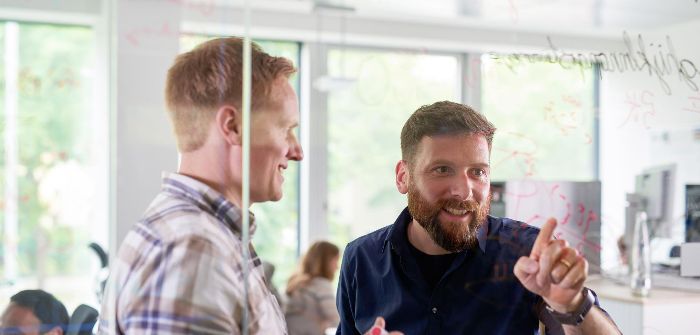VW has increased its stake in California technology company QuantumScape Corporation, forming a new joint venture under which the two will develop solid-state batteries.
As part of this, the German OEM is to invest US$100m in the company. Following the transaction it will become the largest automotive shareholder in QuantumScape. The target is to establish a production line for solid-state batteries by 2025.
Dr Axel Heinrich, head of VW Group research, who will become a member of the board of directors at QuantumScape, said, “We want to accelerate the commercialization of QuantumScape’s solid-state batteries, and we will combine forces to leverage Volkswagen’s experience as a production specialist and QuantumScape technology leadership. Volkswagen is thus taking another step toward a sustainable, zero-emission mobility for our customers in the future.
Commented Jagdeep Singh, CEO of QuantumScape, “We are thrilled to have been chosen by Volkswagen to power this transition. We think the higher range, faster charge times, and inherent safety of QuantumScape’s solid-state technology will be a key enabler for the next generation of electrified powertrains.”
Elsewhere at VW, specialists are working to better ‘read’ and interpret big data. Gabriele Compostella who works in the IT data lab, is part of a team using human reasoning to analyze big data with the support of artificial intelligence. This predictive analysis helps make procedures and corporate processes even more efficient and sustainable.
Explained Compostella, “Our work is like a jigsaw puzzle. There are many, many pieces but we can only obtain a clear picture by putting them together in the right way. Working on scientific data is extremely exciting but it is even more exciting if your work brings practical benefits.”
Analysis covers logistics, the flow of goods, key financial figures, and demand and consumption figures. “To recognize the big picture, you need a systematic approach,” Compostella added. “Data can help find the right answers to questions on the basis of facts.”
Questions and concerns evaluated by the team include: how will demand for an equipment line and the supply situation develop? What components and parts will have to be where and when? Is it possible to identify trends? For a globally active industrial group such as Volkswagen, the answers to these questions are very important for streamlining processes and procedures.
Artifical intelligence is extremely helpful in the process, as Compostella, noted, “No one can complete a jigsaw puzzle with hundreds of thousands of pieces. This work is carried out for us by machine learning systems we have developed specifically for the purpose.” In a process called supervised machine learning, algorithms are fed with data, analyzed, combined and used to draw conclusions – and make corrections where there are errors.
“Our company has always had this information but we have only had the technological capabilities needed to link different data sources in the past few years,” said Compostella.
Scientists are also experimenting with data analysis of traffic flows. In a joint effort with cities, they want to test how urban traffic can be optimized using intelligent data analysis – a puzzle in motion, and a new and exciting challenge for the team.


